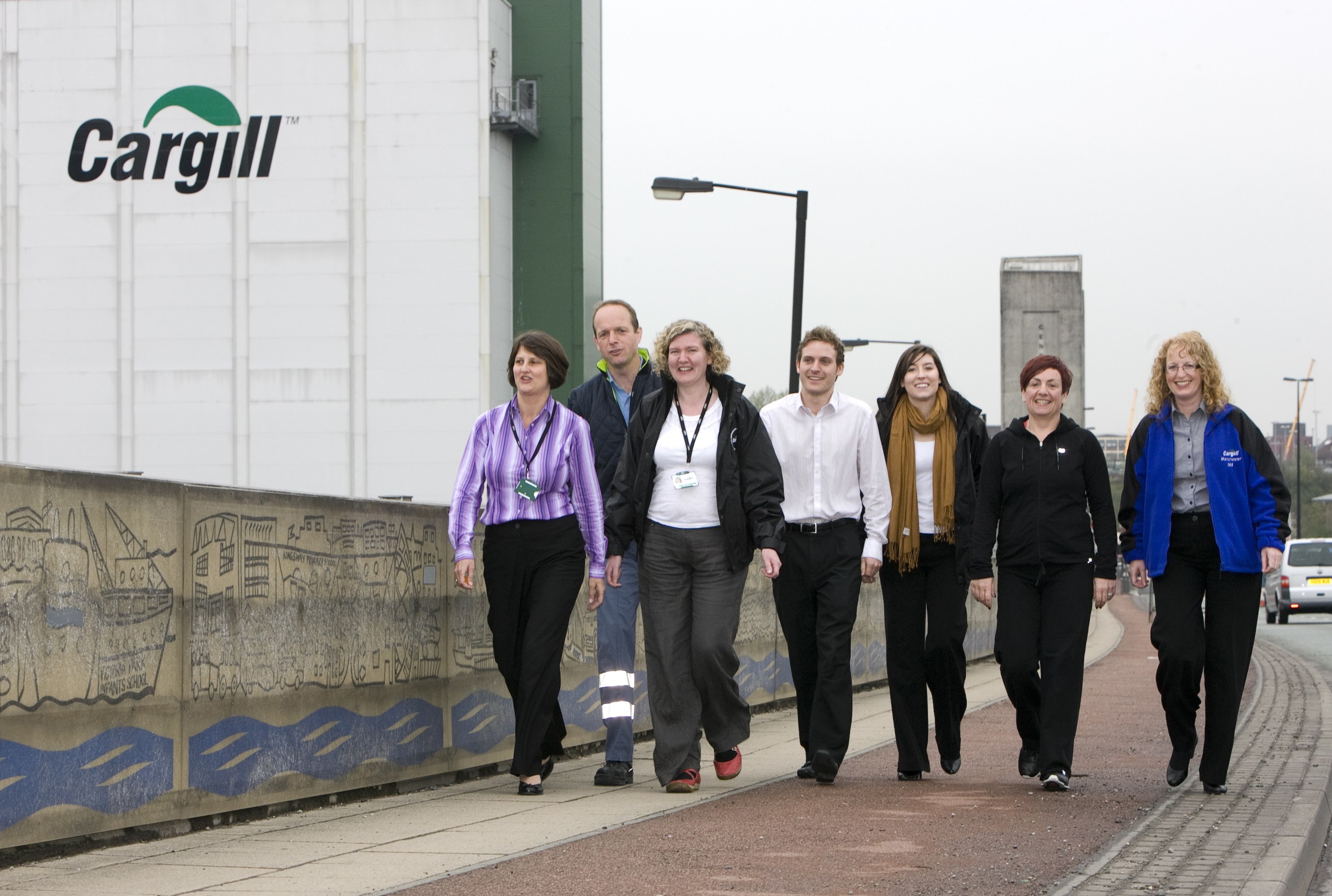
Cargill has recently launched a new environmental initiative for the 300 employees based at its starches and sweeteners processing plant in Manchester.
Travel to Work Awareness Week was created to encourage staff to use alternative methods of transport to get to work, rather than single passenger car journeys, with the overall aim of reducing the Manchester site’s carbon footprint. During the week-long campaign, Cargill provided employees with all the tools needed to reduce car usage. Amongst other things, the Greater Manchester Public Transport Authority and Executive was invited onto the site to promote public transportation and Cargill introduced incentives to encourage car sharing amongst staff. The wide range of initatives has resulted in a significant benefit to the local environment.
The campaign is part of the company’s wider corporate responsibility commitment to enhance its environmental performance, as Martin Douglas, General Manager of Cargill in Manchester, explains: "Travel to Work Awareness Week is the latest in a whole series of measures we have introduced over the past 12 months to help us reduce our carbon footprint in Manchester. The week was focussed on raising awareness of our employees’ effect on the environment and over the coming year we have big ambitions to significantly improve our operations in this area. The ultimate aim is to make us one of the most environmentally-conscious manufacturing sites in the whole of the UK."
Cargill is committed to the continuous investment and improvement of its operations using new technology to reduce carbon emissions. The Manchester site, which works with some of Britain’s best-known confectionery and chocolate, dessert, ice cream, biscuit, sports drink and alcoholic beverage brands, as well as various wheat-based animal feed companies, utilises a dedicated local and European energy team to reduce energy, waste and water consumption. Using the latest pinch technology to identify new heat recovery projects, condition monitoring techniques to include thermography, and ultrasound to identify energy losses and failing equipment, energy efficiency on site continues to improve.

Martin Douglas continued: "We have already reduced our water usage by 11 per cent this year and will be investing significantly in energy saving initiatives over the next year. During this period we will complete the installation of a reverse osmosis plant which will reduce our consumption of city water by approximately 450,000m3 per year. We are also implementing measures to generate our own electricity from the most energy efficient fuels available, which will help us to reduce the burden on the National Grid."
To further consolidate its commitment to reducing emissions and carbon footprint, Cargill in Manchester recently received European accreditation for its green initiatives. Following a strict external audit of its environmental management practices, the company was awarded ISO 14001 certification. The purpose of this standard is to help organisations prevent pollution and improve overall environmental performance.
